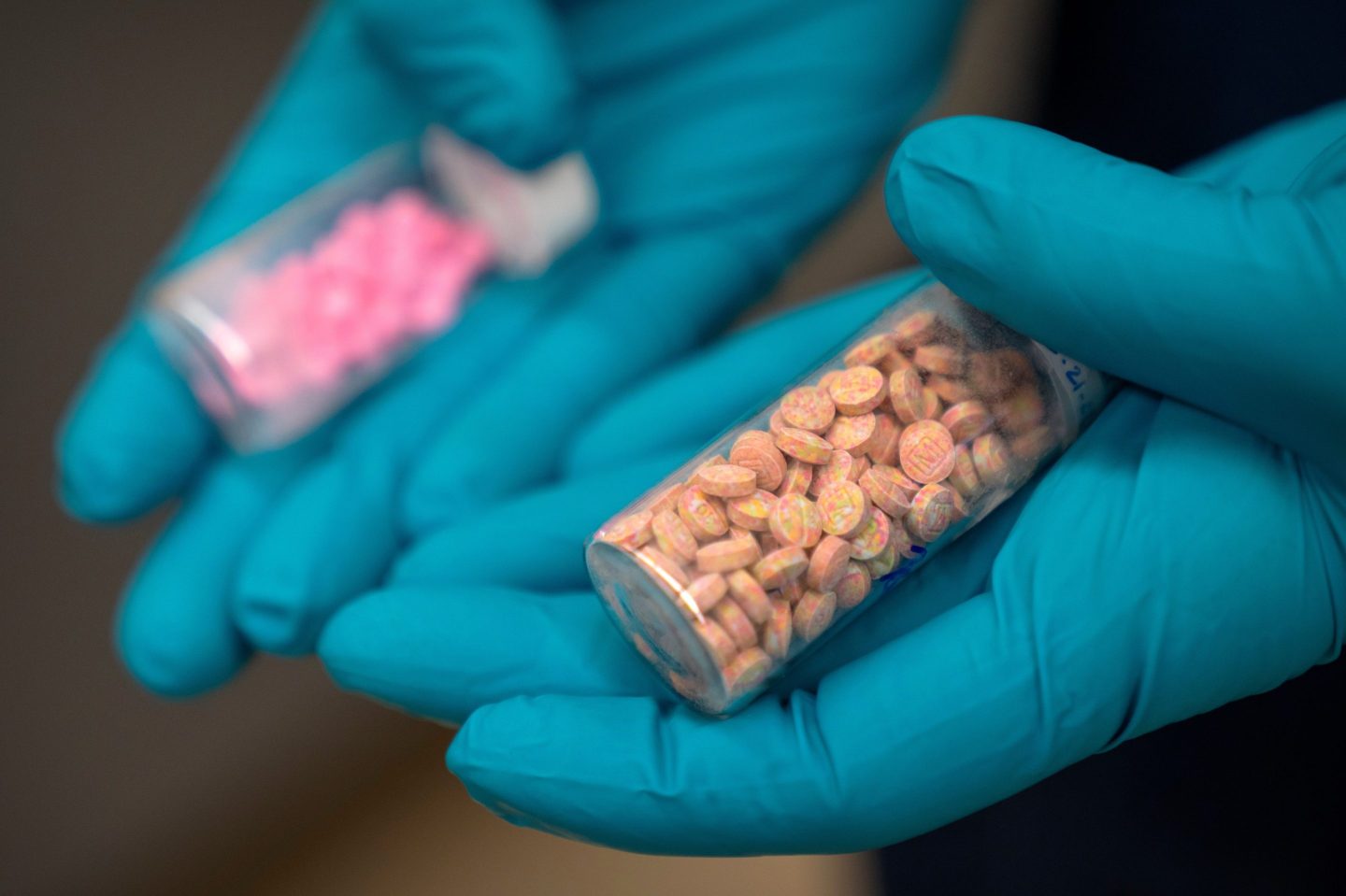Good afternoon, readers! This is Sy.
One of the most significant balancing acts in medicine involves figuring out when—and which—treatments do more harm than good. It’s an issue that has implications for everything from the opioid crisis to the rising rate of ADHD drug overdoses to the generally lavish (and unaffordable) cost of American health care, which still favors the bulk of services provided over demonstrable, cost-effective outcomes.
Powerful prescription drugs draw a big share of the attention on this front. But over-the-counter and non-prescription treatments are an important factor to consider in the dilemma, too. And the Food and Drug Administration (FDA) has been on a recent tear calling out companies (and therapies) that it considers all-steak, no-sizzle, and possibly harmful. The latest target? Children’s gel teething products that contain the painkiller benzocaine.
“The FDA is committed to protecting the American public from products that pose serious safety risks, especially those with no demonstrated benefit,” said FDA Commissioner Scott Gottlieb in a statement. “Because of the lack of efficacy for teething and the serious safety concerns we’ve seen with over-the-counter benzocaine oral health products, the FDA is taking steps to stop use of these products in young children and raise awareness of the risks associated with other uses of benzocaine oral health products.”
Companies are being urged to voluntarily halt sales of—and parents are being urged to eschew—these sore gum treatments, which are commonly used to treat pain related to teething and other various mouth irritations. The FDA specifically named gels, sprays, and ointments such as Anbesol, Baby Orajel, Cepacol, Chloraseptic, Hurricaine, Orabase, Orajel, and Topex in its statement. Specifically, regulators say that these benzocaine-containing products may be associated with a scary condition called methemoglobinemia, “the result of elevated levels of methemoglobin in the blood [which] can lead to death” by sharply reducing the amount of oxygen carried through the blood. The ultimate purpose here is to discontinue these treatments’ marketing altogether; if companies don’t play ball, “the FDA will initiate a regulatory action to remove these products from the market.”
It’s far from the first time Gottlieb has placed his crosshairs on consumer products he and his agency deem too risky for their benefits, especially when it comes to pain relief. In a move that’s inspired controversy among some alternative treatment enthusiasts, the FDA has taken a sharply critical stance on kratom, a popular herb marketed for its ostensible pain-numbing properties that the agency says is an opioid in and of itself.
Read on for the day’s news.
| Sy Mukherjee | |
| @the_sy_guy | |
| sayak.mukherjee@fortune.com |
DIGITAL HEALTH
Are wearable sleep trackers really effective? They may seem like they've been around forever. But sleep tracking devices are still pretty darn new—and, according to the American Academy of Sleep Medicine, they're not necessarily effective enough to screen for actual sleep disorders. That doesn't mean they don't have possible benefits, though. Mobile apps and devices appear to be spurring more conversations between patients and their physicians about sleep; the trouble, at this point, is clinically validated accuracy. (Reuters)
INDICATIONS
Pfizer settles kickback probe. Pfizer will pay $23.85 million to resolve a U.S. government probe alleging that the company paid illicit kickbacks via an ostensibly independent charity to Medicare patients taking three different Pfizer drugs. These kinds of settlements have become a fairly routine part of pharmaceutical business. The fines don't appear, so far at least, to have made much of a dent in the behavior. (Reuters)
Lilly loses oncology chief at critical juncture. Indianapolis-based drug maker Eli Lilly wants to pivot to cancer drugs (particularly in the wake of its bruising R&D failure in Alzheimer's drug development). But in a case of possibly problematic timing, the firm's cancer unit president Sue Mahony is retiring after an 18-year stint at Lilly. "We make medicines that help patients with cancer live longer," Mahony said in a statement. "What a privilege it's been to wake up each morning with that as my life's work." (FiercePharma)
THE BIG PICTURE
Lung cancer cases spike sharply in women. In a mysterious first, a new study published in the New England Journal of Medicine finds that women are now more likely than men to get lung cancer (despite an encouraging decrease in lung cancer rates among both males and females). One possible explanation, per my colleague Natasha Bach? "The risk of developing lung cancer drops after one quits smoking: by 25% in the first five years, 50% after ten, and as much as 90% after more than 20 years of not smoking. But the risk for one type of lung cancer, adenocarcinoma, drops more slowly than the others—and women are more likely to to develop adenocarcinoma than men." (Fortune)
REQUIRED READING
Teflon's River of Fear, by Ken Otterbourg
What the Hell Happened at GE? by Geoff Colvin
How JPMorgan Chase Learned to Love the Blockchain, by Robert Hackett
Sunscreen Pills Are Dangerous Nonsense, According to the FDA, by David Meyer
| Produced by Sy Mukherjee | |
| @the_sy_guy | |
| sayak.mukherjee@fortune.com |
Find past coverage. Sign up for other Fortune newsletters.










